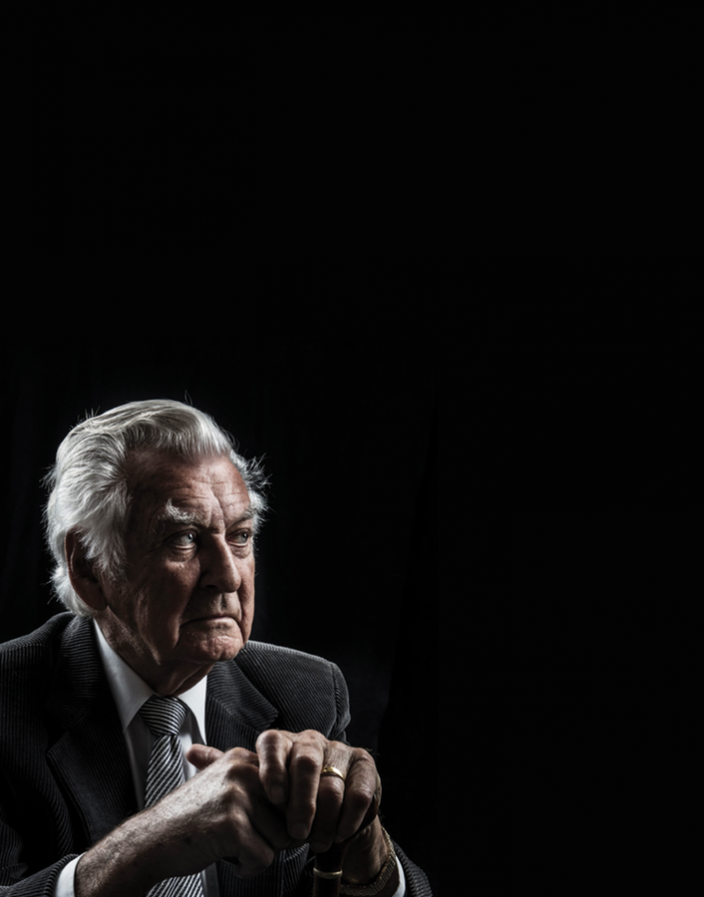
“The essence of power is the knowledge that what you do is going to have an effect, not just an immediate but perhaps a lifelong effect, on the happiness and wellbeing of millions of people and so I think the essence of power is to be conscious of what it can mean for others.”
These are the words of Robert James Lee Hawke, the 23rd Prime Minister of Australia whose memory was recently honoured at the Sydney Opera House.
There are few Australians who lived through the Hawke years who do not hold an opinion of him and of the achievements of his governments. That he was a great Australian is largely not disputed across either side of the political divide. Bob was passionate, articulate, possessed enormous intelligence and had a grand view for an egalitarian Australia. He saw education as the great leveller in society and returned to the theme of equal education opportunity time and again.
At a Labour Day rally in 1972, when President of the ACTU, he described as one of the “great monstrosities of Australian society” that the child of a low income parent had a significantly lesser chance of attending an education institution where they could give “full expression to the native talents which he or she possesses”. “At this stage of our development”, he said “we should not tolerate that”.
In 1980 Bob Hawke spoke at the Union’s (then the ITA) second Education Conference where he shared his idea that Australia needed to be more open, more realistic of its geographic location and boldly face the technological revolution which, although then in its infancy, was certainly coming.
He spoke of his disdain for the Frazer Government using the education system as a scapegoat for economic failure and advanced that the responsibility of education was to develop people as individuals, to prepare the young and the old alike for a creative and enjoyable life outside of work. Education was not, he claimed, a factory to merely prepare students for the workforce.
It was clear to Hawke that Australia from the 1980s was entering a period of not only reduced employment but reduced hours of available work. Part time, casual and sessional work would in the future, he predicted, increase exponentially.
This different environment required new educational approaches where equipping students with the skills needed by the community was only a first step. Hawke could see a time where consistent retraining and labour flexibility would be essential, and he wanted a system that could provide for that.
Although best remembered for leading a Government of massive economic reform by deregulating the banking system, designing the Wages Accord with unions and floating the dollar, Hawke was a social reformer who introduced Medicare, universal superannuation, promoted urgent environmental causes, stood up against apartheid and sought to inspire and provide opportunity for women and for First Nation people.
But he had a major impact also in education, although in a post-retirement interview, he described education policy changes as part of his economic agenda. The Hawke years saw childcare places double, funding for schools considerably increased, colleges of advanced education enter the university sector and introduced a flat rate HECS in an attempt to broaden access to higher education.
Much was subject to opposition and criticism, but his long-time political partner Paul Keating said of Bob that he believed that “creativity had been closed down in a closed economy and a closed society”. Bob, he said, wanted “an open, creative and free society with enhanced opportunity for all”.
A great deal of my early adulthood was during the Hawke years and I am unashamedly an admirer of a man who deserved to be remembered well. A larrikin yes, but also one who held a burning passion for egalitarianism and equality of educational opportunity.
Ave atque vale Bob Hawke.







































































































































